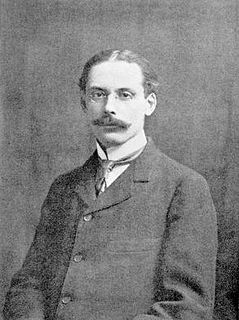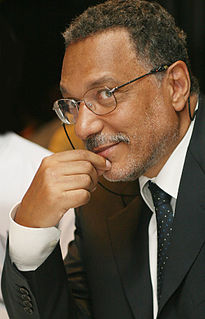A Quote by Paul Theroux
Fiction writing, and the reading of it, and book buying, have always been the activities of a tiny minority of people, even in the most-literate societies.
Related Quotes
Writing, or at least good writing, is an outgrowth of that urge to use language to communicate complex ideas and experiences between people. And that's true whether you're reading Shakespeare or bad vampire fiction-reading is always an act of empathy. It's always an imagining of what it's like to be someone else.
We see that there are two different kinds of...societies: (a) parasitic societies and (b) producing societies. The former are those which live from hunting, fishing, or merely gleaning. By their economic activities they do not increase, but rather decrease, the amount of wealth in the world. The second kind of societies, producing societies, live by agricultural and pastoral activities. By these activities they seek to increase the amount of wealth in the world.
The very cheapness of literature is making even wise people forget that if a book is worth reading, it is worth buying. No book is worth anything which is not worth much; nor is it serviceable, until it has been read, and re-read, and loved, and loved again; and marked, so that you can refer to the passages you want in it.
Once a poet always a poet, and even though I haven't written poems for a long time, I can nonetheless say that everything I've ever learned about writing lyrical fiction has been informed by three decades of writing in lines and stanzas. For me the real drama of fiction is almost always the drama of the language.
I you're writing memoir, but it even comes up in fiction. People just assume that you're writing thinly veiled autobiography. And particularly, I think, for people of color, our work is always seen as kind of anthropological artifact regardless. So, there's always going to be that assumption, but even more so in a memoir because often the names aren't even changed. It is easier to verify.







































